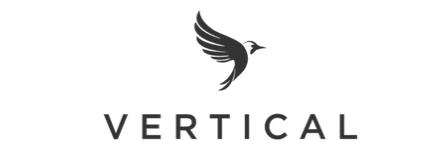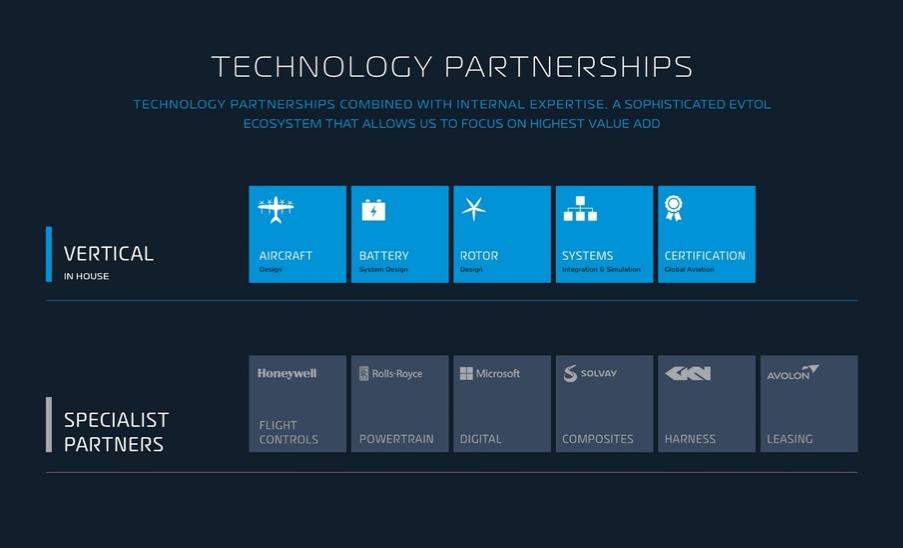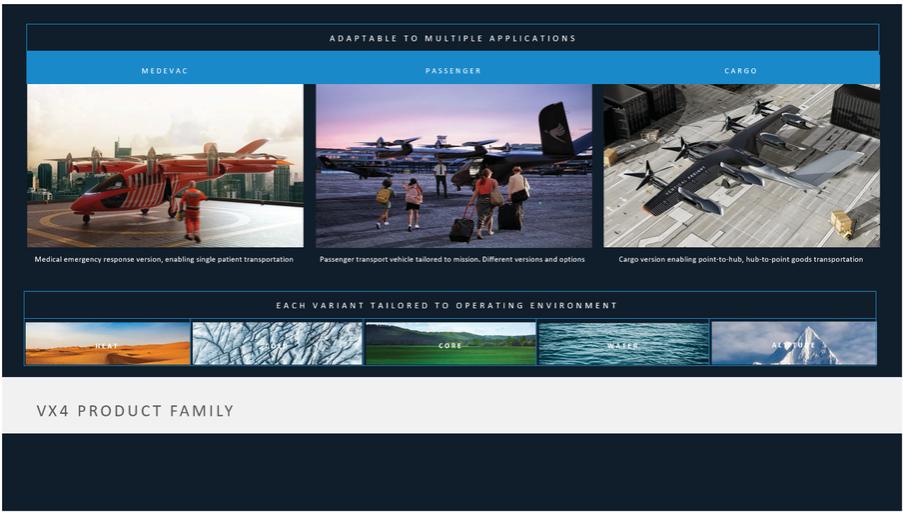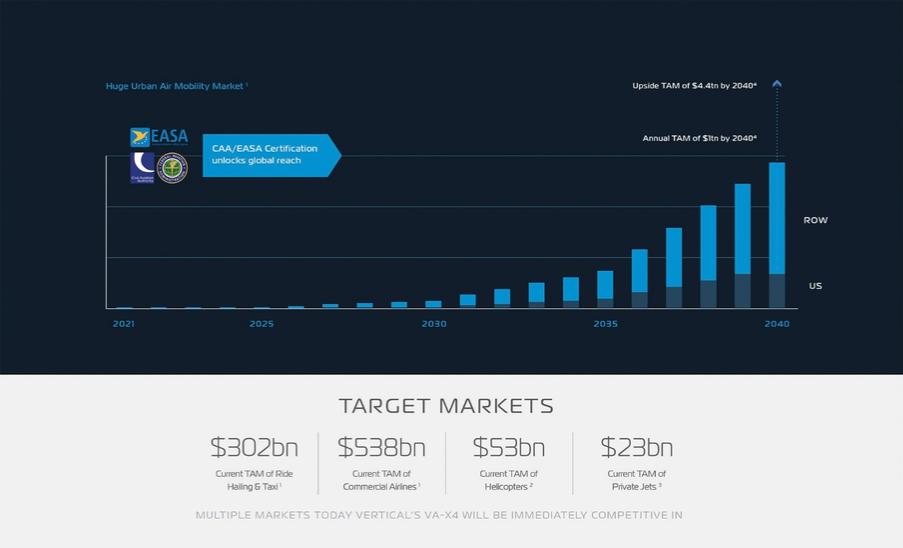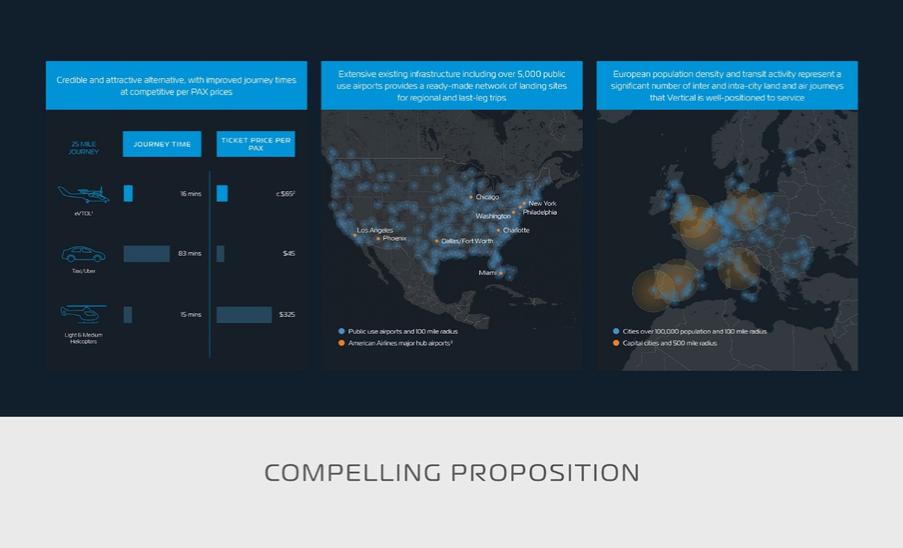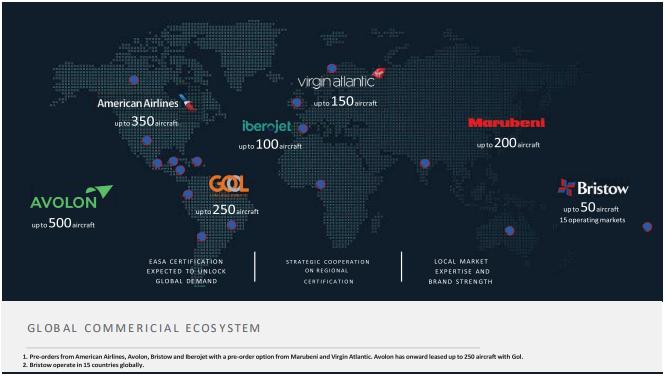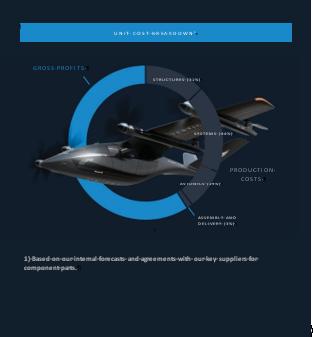customers’ services (especially during peak travel periods or adverse weather conditions in certain markets) could be caused by capacity constraints resulting from weaknesses in the relevant airspace systems and air traffic control systems, such as legacy procedures and technologies, or from zoning restrictions that limit flight volumes at existing airports or prevent the construction of new air traffic infrastructure.
Changes in government regulations imposing additional requirements and restrictions on our manufacturing operations could increase costs and result in delays and disruptions.
Aerospace manufacturers are subject to extensive regulatory and legal requirements that involve significant compliance costs. The CAA, EASA or FAA may issue regulations relating to the operation of aircraft that could require significant expenditures in the design, production or operation of the aircraft. Implementation of the requirements created by such regulations may result in increased costs for us.
Additional laws, regulations, taxes, and airport rates and charges have been proposed from time to time that could significantly increase the cost of our operations, impact our customers’ services or generally reduce the demand for air travel. If adopted, these measures could reduce revenue and increase costs. We cannot assure you that these and other laws or regulations enacted in the future will not harm our business.
We are subject to stringent export and import control laws and regulations. Unfavorable changes in these laws and regulations or licensing policies, our failure to secure timely government authorizations under these laws and regulations, or our failure to comply with these laws and regulations could have a material adverse effect on our business, financial condition and results of operation.
Our business may be subject to stringent U.K., U.S. and other applicable import, export and re-export control laws. We, and our suppliers, are required to import and export our products, software, technology and services, as well as run our operations in full compliance with such laws and regulations. Similar laws that impact our business exist in other jurisdictions. Pursuant to these trade control laws and regulations, we are required, among other things, to (i) determine the proper licensing jurisdiction and export classification of products, software, and technology, and (ii) where necessary, obtain licenses or other forms of government authorization to engage in the conduct of our business. The authorization requirements may include the need to obtain export licenses or similar permissions from the relevant governmental regulators in order to export or re-export controlled products, software or technology, including to release such controlled goods to foreign person employees and other foreign persons, and to ensure compliance with the terms of such licenses or permissions. These foreign trade controls may prohibit, restrict or regulate our ability to, directly or indirectly, export, deemed export, re-export, deemed re-export or transfer certain hardware, technical data, technology, software or services to certain countries and territories, entities and individuals and for end uses. U.K., U.S. or other applicable trade control laws and regulations may also change or lead to reclassifications of our products or technologies. A number of our key suppliers, including Honeywell, Rolls- Royce and GKN, are based in, or have substantial engineering resources located in, the U.S. and are also actively involved in the defense industry. Due to the cutting-edge nature of our industry and aircraft, the U.S., U.K. or other governments, could make key technologies that we, or our suppliers, are developing or are intending to use, subject to export control legislation, including the U.S. International Traffic in Arms Regulations or the Export Administration Regulations.
The inability to secure and maintain necessary export licenses and other authorizations, or the failure to comply with the terms of licenses that we have obtained, could negatively impact our ability to compete successfully or to operate our business as planned. There can be no assurance we will be successful in our future efforts to secure and maintain necessary licenses, registrations, or other U.K., U.S. or other relevant government regulatory approvals. If we, or our suppliers, are found to be in violation of these laws and regulations, it could result in civil and criminal, monetary and non-monetary penalties, the loss of export or import privileges, debarment and reputational harm.
We are subject to anti-corruption, anti-bribery, anti-money laundering, economic and trade sanctions and similar laws, and non-compliance with such laws can subject us to criminal or civil liability and harm our business, financial condition and results of operations.
We may be subject to certain anti-corruption, anti-bribery, anti-money-laundering, and economic and trade sanctions laws, including those that are administered by the U.K., EU, U.S. and United Nations Security Council, and other relevant governmental authorities.
